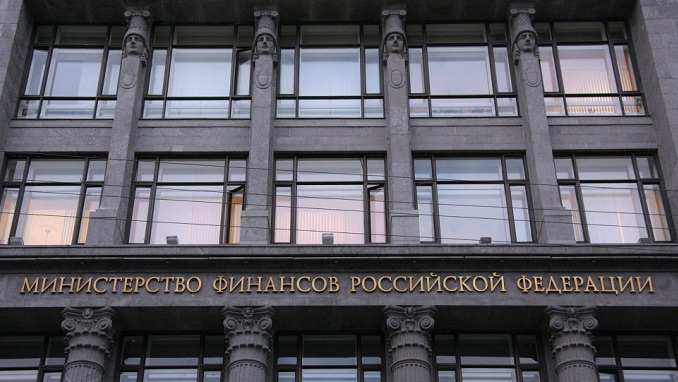The Russian Ministry of Finance published a draft amendment to the Tax Code, introducing the environmental tax in Russia starting from 2020, Kommersant reports.
It is designed to replace the existing fines for a negative impact on the environment. The new tax does not imply increasing payment rates, but it should greatly tighten the payment regime, the newspaper wrote.
According to the report, the main thesis of the Ministry of Finance is that the fee for negative impact on the environment is a de facto tax, as it bears the respective features, and should become a tax de jure.
According to the data provided in the economic justification for the bill, in 2017, revenues of the consolidated budget from the fee amounted to 14.2 billion rubles ($210.66 million), and another 11.6 billion rubles ($172.1 million) are expected in 2018.
“Given that the calculation of the environmental tax rate is made from the necessary annual budgetary expenditures for environmental protection, it can be expected that the revenues from the environmental tax will be significantly higher than the revenues from pollution charges,” the Ministry explained.
Environmental issues such as emissions into the atmosphere discharge into water and wastes from production and consumption from sources of such discharges registered in the Federal Service for Supervision of Use of Natural Resources will be subject to taxation.
According to the newspaper, business representatives, the Ministry of Natural Resources and experts believe that in the current form the project can deprive regions of the revenues that they are now using to compensate for damage to the environment.
The Ministry of Finance, in turn, pointed out that the federal budget is already spending taxpayer money on eco-programs. Meanwhile, experts and business noted that the main issue with the document is uncertainty with the future distribution of tax revenues between the federal and local budgets.












